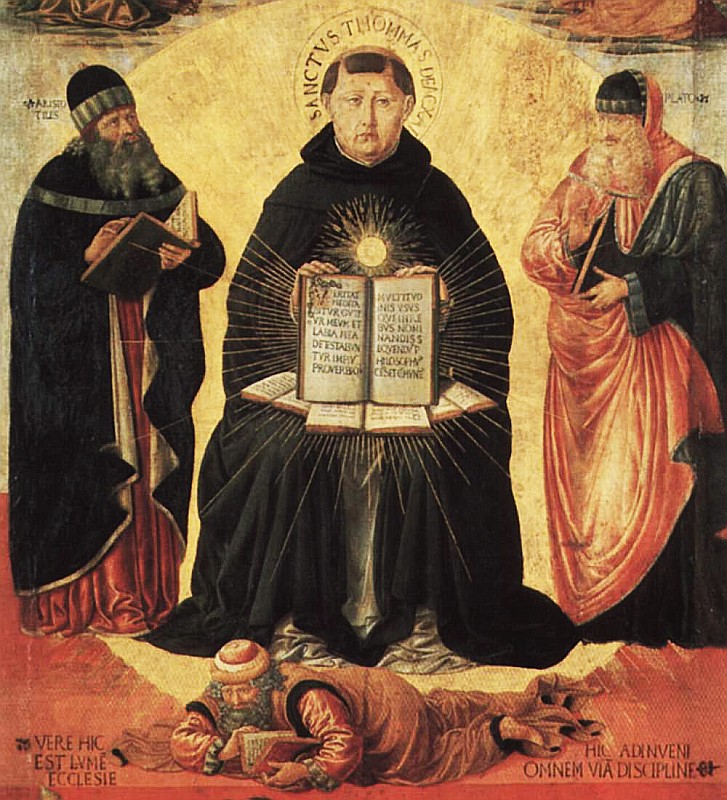For lgbt Catholics, and many other Christians, one of the most pressing and agonising dilemmas they face, is that of reconciling what they know to be the truth of their sexuality or gender identity, and church teaching. For Catholics in particular, the top – line response should be easy – “Follow your conscience”. The primacy of conscience is firmly established in Church teaching. Sadly, it’s not quite that simple. Following one’s own conscience is not a blanket get – out of jail free card, allowing us to simply decide according to our own impulses how to make up our mind on ethical issues: Church teaching is clear on the primacy of conscience – but also insists on a rider, that conscience must be fully formed. Some Catholic archconservatives would argue that a conscience can only be fully formed, if it leads to straightforward compliance with the rules of the Catechism, but that is also simply not so. The essence of the dilemma, really, is not about how to reconcile sexuality and Church teaching, but how to find a balance between these two views.
How to offer some guidance to Quest members on sound formation of conscience is a subject your committee have been pondering for some time, and hope to have a concrete proposal later this year. Meanwhile, an article in America magazine by the lay theologians Todd Salzmann and Michael Lawler is worth not just reading, but careful study. (So is their influential book on sexual ethics, “The Sexual Person”).
We hope to reprint the full article in the next Quest Bulletin, but meanwhile, here are just a few extracts:
On the primacy of conscience:

From the great doctor of the church, Thomas Aquinas:
“Anyone upon whom the ecclesiastical authorities, in ignorance of the true facts, impose a demand that offends against his clear conscience should perish in excommunication rather than violate his conscience.” For any Catholic in search of truth, no stronger statement on the authority and inviolability of personal conscience could be found, but Aquinas goes further. He insists that even the dictate of an erroneous conscience must be followed and that to act against such a dictate is immoral.
From Fr Joseph Ratzinger (later, Pope Benedict XVI):
“Over the pope as the expression of the binding claim of ecclesiastical authority there still stands one’s own conscience, which must be obeyed before all else, if necessary even against the requirement of ecclesiastical authority. Conscience confronts [the individual] with a supreme and ultimate tribunal, and one which in the last resort is beyond the claim of external social groups, even of the official church.”
From Vatican II’s “Decree on Religious Freedom”, which, note Salzmann and Lawler, embraced Aquinas’s judgment on the inviolability of conscience:
“In all his activity a man is bound to follow his conscience faithfully, in order that he may come to God, for whom he was created. It follows that he is not to be forced to act in a manner contrary to his conscience. Nor, on the other hand, is he to be restrained from acting in accordance with his conscience, especially in matters religious”
On balancing the two views of conscience
Salzmann and Lawler contrast the positions of two eminent modern theologians, Germain Grisez and Bernhard Häring, C.Ss.R.
Germain Grisez holds that the only way to form one’s conscience is to conform it to the teaching of the church. …… For Professor Grisez and theologians who agree with him, including St. John Paul II, conscience is ultimately about obedience to church teaching.
and
Bernhard Häring, C.Ss.R., is diametrically opposed to that stance. …. Church doctrine is at the service of women and men as they use conscience in their search for goodness, truth and Christian wholeness; conscience is not at the service of doctrine. “It staggers the imagination,” Häring writes, “to think that an earthly authority or an ecclesiastical magisterium could take away from man his own decision of conscience.”
